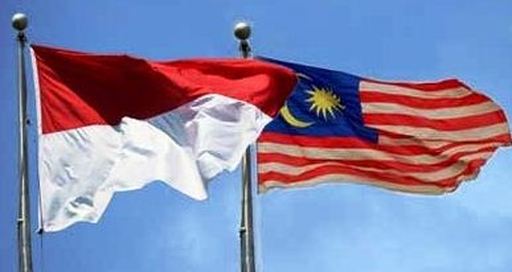The “Parliamentary Southeast Asia Sub-Regional Seminar on the International Rule of Law and the Protection of Civilians”, co-organized with Parliamentarians for Global Action, brought together parliamentarians, government representatives, ICC officials and civil society. Newly-elected ICC judge, Raul Pangalangan, also participated.
MPs from both countries shared status updates on their respective ratification processes, and government representatives noted that elements of the Rome Statute are already enshrined in the countries’ domestic laws.. For example, Indonesia’s draft penal code, which will be soon tabled to the cabinet for approval, contains provisions that are copy-and-pasted from the Rome Statute. Civil society representatives discussed the technical, legal and other forms of support they have provided both governments and reiterated their dedication to provide further assistance.
With such positive circumstances, one would be pressed to ask, why the delay? What is stopping Indonesia and Malaysia from joining the ICC?
Among the factors put forth by seminar participants were realpolitik, competing domestic priorities and misunderstandings about ICC jurisdiction.
But while acknowledging the challenges, participants agreed that the benefits of joining the ICC outweigh the benefits, political or otherwise. If Malaysia and Indonesia are looking for the perfect situation before signing the Rome Statute, it may never happen –the dilemma between accommodating to domestic situations versus upholding international commitments will always exist.
What is needed now, the participants agreed, is to muster the necessary political will to push forward with ratification in both states to finally make good on their promises to join the fight for global justice.




